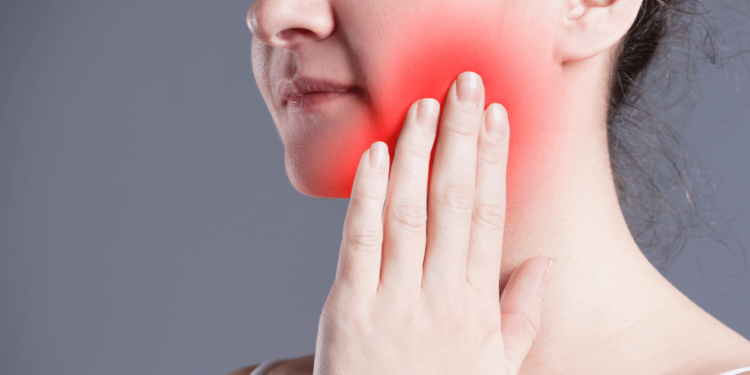Can wisdom teeth come in at 14? Wisdom teeth, also known as third molars, appear in the last of teeth to develop in teenagers, typically between the ages of 15 and 18. These teeth are positioned at the back of the mouth, adjacent to the second molars and near the throat entrance. Adolescents usually have four wisdom teeth, with two on the upper jaw (one on each side) and two on the lower jaw. The development of these molars coincides with the transitional period into adulthood, often associated with the notion of gaining “wisdom.”
Can Wisdom Teeth Come In At 14?: Formation and Growth
While most teeth have fully erupted by the age of 12, the process of wisdom teeth formation begins around this time. Calcification and shaping of these teeth are initiated during the teenage years, but their full development takes place between ages 15 and 18. However, complications often arise due to the limited space available in the average mouth, which can only accommodate 28 teeth.
Impacted Wisdom Teeth: A Hidden Issue
When there isn’t sufficient room for wisdom teeth to emerge properly, they can become impacted, meaning they’re trapped in improper positions. Impacted wisdom teeth can manifest in various angles and orientations, leading to detrimental effects on oral health. Such teeth can grow sideways, partially break through the gum, or even remain trapped beneath the gum and jawbone. The consequences of impacted wisdom teeth can range from compromised hygiene to future dental problems.
Types of Impaction
- Soft Tissue Impaction: In this case, there’s adequate jawbone space for the wisdom tooth but insufficient room for proper gum positioning and attachment. Consequently, food particles can accumulate under the gum, causing infection and decay, leading to pain and swelling
- Partial Bony Impaction: Here, the tooth partially emerges, but a portion remains submerged beneath the gum and jawbone. This situation often results in infection due to the difficulty of cleaning the area
- Complete Bony Impaction: The tooth is entirely encased by the jawbone, creating challenges for proper eruption and maintenance
Reasons for Wisdom Teeth Removal
By the time an individual reaches 18 years of age, they usually possess 32 teeth, but the average mouth can only accommodate 28. When wisdom teeth lack space for proper eruption, several problems can arise:
- Infection: Partially erupted teeth create openings that foster bacterial growth and infections. The flap of tissue covering partially emerged wisdom teeth forms a hard-to-clean pocket, leading to inflammation and pain, often referred to as pericoronitis
- Adjacent Tooth Damage: The tooth in front of the impacted wisdom tooth can suffer damage due to inadequate brushing and flossing access, causing gum disease or cavities
- Teeth Crowding: The pressure exerted by erupting wisdom teeth might cause orthodontically aligned teeth to shift, leading to crowding, especially in the lower front teeth. Wisdom tooth removal and orthodontic retainers could prevent this issue
Ideal Timing For Wisdom Teeth Removal
It’s best to remove wisdom teeth before they fully develop and create problems for optimal results. The recommended age for removal varies; some individuals might need extraction as early as 13 or 14, while others might wait until 17 or 18. Younger patients generally experience faster, smoother healing with fewer complications compared to older individuals.
The Role of X-rays
Regular dental X-rays can reveal impacted wisdom teeth, indicating the need for eventual removal. The earlier the extraction occurs, the simpler the procedure. Waiting until adulthood, when the teeth roots are fully formed and the surrounding bone denser, can result in a more complicated and painful process.
Conclusion: Can Wisdom Teeth Come In At 14?
Wisdom teeth, the last set of teeth in teenagers, can pose significant challenges if not given the necessary space to erupt properly. Impacted wisdom teeth can lead to infections, damage to adjacent teeth, and even crowding. Timely removal, preferably during the teenage years, can prevent these issues and ensure smoother healing. Dental X-rays play an important role in recognizing impacted wisdom teeth, emphasizing the importance of early intervention. Remember, addressing wisdom teeth concerns sooner rather than later can lead to a healthier and more comfortable oral future.




